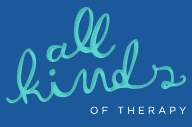Frequently Asked Questions
1) Where are you located?
We are located in Orem, Utah.
Our addresss is 1223 South 620 West, Orem Utah, 84058.
2) What is the size of your program?
We reach capacity at about 20 students, each therapy group has 6-8 participants.
3) Do your students live in college dorms?
Utah Valley University has no college dorms. Students live in two-bedroom apartments, one block from the college campus. Students generally live with roommates unless specifically determined otherwise due to special circumstances.
4) What is the average age and length of stay for students?
Students work anywhere between one to two years towards a Certification, an Associate’s degree, or a Bachelor’s degree. Our students range between 18-28 years of age, the average age is usually 20 years old. Students can also come to us from another college and go back to the original college in about a year.
5) Is communication through digital devices restricted?
Students are usually given new smart phones upon arrival that may be monitored and restricted if they are unable to self-regulate. Unless pertinent to their treatment plan at any point in their stay, Arise does not control students’ cell phone and internet usage. They may work towards earning back their original phone as they demonstrate engagement in the community and academic commitment. Students are expected to allow location tracking on their mobile device, as part of the Student Agreement.
6) What are the expectations for family involvement?
Expectations for family involvement vary greatly case by case. After the initial blueprinting (getting-to-know-you) process, the clinician and family will decide the appropriate level of communication and involvement.
7) What are the basic criteria for admissions?
Together, our clinical team and program director determine if a student is appropriate for the program. The main criteria are:
- Above 18 years of age
- The desire for a college education or vocational certification
- Full scale IQ above 90
- Not currently dealing with substance addiction issues
- Is able to learn in a college or other learning environment
We prefer students who have earned high school diploma or GED equivalent, though we can work with them to complete a program they have already started
8) Does your program have a specific drug/alcohol rehabilitation component?
Due to the amount of freedom our students have, The Arise Society is not an appropriate placement for students who are actively struggling with drug and alcohol addictions.
9) How does the program define success?
We emphasize the importance of interdependence of personal emotional health, social engagement and academic commitment. As such, we base our assessment of success and progress on our students’ ability to find balance in these three areas of their life.
10) Does Arise offer support for vocational and other specific types of learning?
While we encourage a majority of our students to attend UVU, in some cases it may be more appropriate for a student to pursue a vocational program or some other form of alternative education. Beyond the vocational programs that UVU offers, there are other specialty schools and instruction programs that are close to us.
11) Does The Arise Society allow vehicles for students?
New Arise students are not permitted to have their own vehicles. As they begin to look at transitioning out of the program and should it fit with the student’s individual plan, the family and therapist may revisit and determine otherwise at that time.
12) How do you approach isolation or negative friendships?
By reaching out regularly and engaging the students with activities, groups, and school, we work hard to create opportunities for connection and friendship to develop between mentors and students, as well as with other program members. As our students feel more connected in our community, we see improvement in engagement and reduced feelings of isolation.
In individual therapy, students will process and work through what is preventing them from connecting and why they seek out certain kinds of relationships. Group therapy allows for real time processing and feedback about their patterns of interaction and a degree of accountability from the community.
If unhealthy or toxic friendships are developing amongst students, the relationship is explored in this group setting to help students gain outside perspective around the impact and impression they are creating.
13) Is the program open during the summer and on holidays?
As UVU has a rolling admissions process and a block system in place as well as a semester schedule, our students are engaged academically year-round. Arise will typically offer trips and activities that coincide with breaks in the academic calendar. These are optional, however, and students are more than welcome to use this time to visit their home or go on vacation with their families.
14) What happens when a student does not "match" the program?
The first 60 days of the program may serve as a trial period. During this time, the student’s therapist and our parent coordinator communicate frequently with the parents and referring professional regarding the student’s integration into our program.
The communication involves assessment information regarding the student’s strengths and weaknesses; occasionally, there may be emotional and/or behavior problems that are prohibitive to academic progress and social development. As these issues begin to emerge, parents and professionals are notified about the concern.
Ultimately, if it becomes apparent that Arise is not providing the level of support that the student requires, the therapist will work with the family and referring professional to find a more appropriate fit for the student.
15) Is there someone that I can reach at all times?
Yes, our full-time parent support coordinator is available to answer any questions or concerns you may have at any point during the program. Please feel free to reach us by email or phone, which you can find under our “Contact Us” tab.
16) What is your medical care policy?
There are no physicians on site or on call at The Arise Society. Should a student need medical attention for any reason, mentors will help them schedule and attend appointments. Daily medications are generally held and administered by mentors.
As the student works their way out of full support, they may assume responsibility for their own medications in accordance with their individual treatment plan. They may meet with our psychiatrist twice a month to begin or discontinue a medication, address any concerns or questions regarding medication changes, and to get refills written for existing medications.
17) What is your food and hygiene policy?
We encourage our students to build skills and habits around healthy eating, cooking, and cleaning. While mentors may provide guidance, assistance and feedback, students are responsible for their own nutrition and hygiene, including keeping their apartments tidy and doing their own laundry.
18) What types of counseling are provided and how often?
Students participate in weekly individual and group psychotherapy. Modalities of EMDR, DBT, neurofeedback, family therapy, etc. are available. Our clinical director will decide individual treatment goals for each student. Students and their therapist will meet with our psychiatrist to review and adjust medications, as necessary.
19) What types of payment are accepted and what is included in tuition?
Our preferred form of payment is ACH deposit, set up with our billing department. We do accept checks and credit cards, though a service fee is added for processing credit cards. The Arise Society tuition includes all psychotherapy services, academic support, rent, daily support from mentors, and participation in weekly Arise activities.
Tuition for UVU and other learning institutions is separate and coordinated through our Academic Director. Extra charges may include monthly reimbursements for groceries and prescriptions, a monthly fee for psychiatry services, or any special activities and trips outside of normal programming.

Get In Touch
Orem, UT 84058
thearisesociety.com
Phone: (801) 300 - 9995
Fax: (801) 405 - 0103



